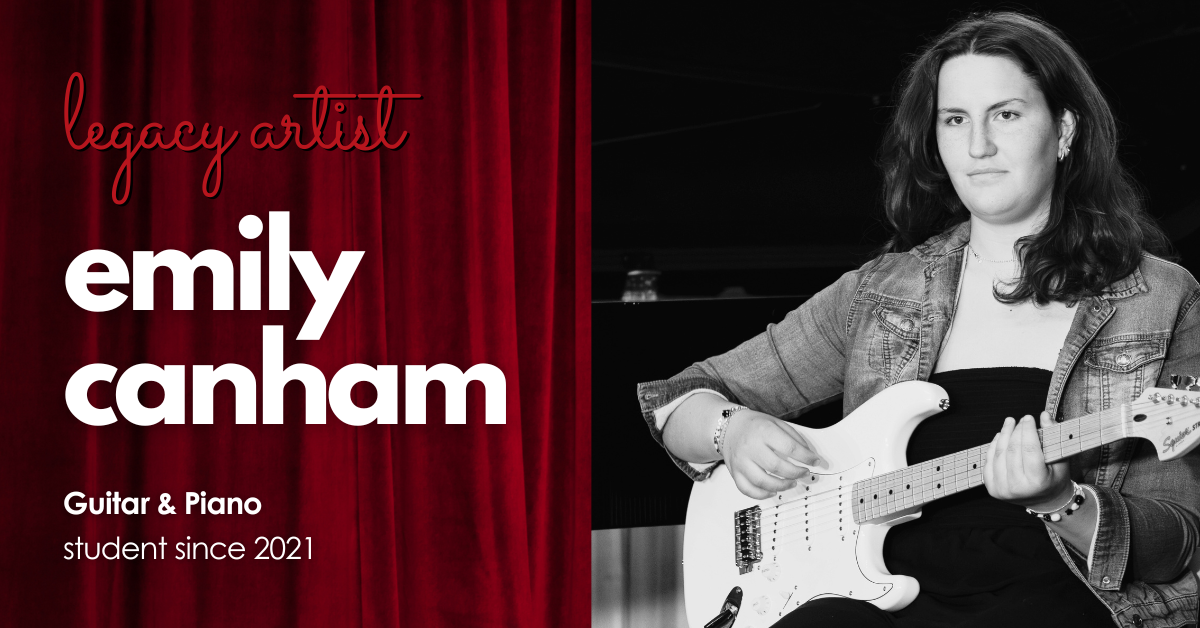By Mindy Cabral from Claritaville, August 2006
After reading countless articles and studies on the benefits of music for young children, I just can’t understand why anyone would not want to expose their child to this important developmental part of learning. Many parents give me reasons such as, “It’s too expensive”, “I don’t know any music, so I can’t help my child”, or “We already have too many activities”, to explain why they haven’t exposed their kids to music. Some parents may have had a terrible experience with a music teacher growing up and don’t want to put their child through that same agony, while others never thought to introduce their child to music in the first place. The truth is, music may be the best thing a parent could do for their child’s development.
Research shows that babies naturally respond to music. If exposed to music early on they will develop better concentration, more advanced verbal skills and coordination, and will be faster learners. Music can also give children a jump-start on learning language and vocabulary; speech often develops faster and more clearly as music enhances how the child enunciates and brings phonetic awareness. In her book What’s Going On in There? Lisa Eliot points out that listening and moving to music helps stimulate a child’s vestibular system, which provides information about our movement and orientation in space and helps execute such actions as spinning, bouncing, rocking, swaying, jiggling, and swinging. This has shown to improve reflexes, motor skills, posture, balance, and coordination.
Research also shows that music for young children generates neural connections in the brain, enhancing higher brain functions that enable abstract reasoning. This type of reasoning is important in subjects such as physics, and engineering. Music pulls together science, mathematics, geography, history, language arts, foreign language, art, and physical education. It also promotes teamwork, self-expression, self-confidence, creativity, world culture, and having fun.
Perhaps most important is the joy a child and parent experience from having music in their lives. Changing time, naptime, shopping time, at-home music time, and bedtime can be more pleasant for you and your child when music and musical games are incorporated. Parents who participate in my group classes enjoy the experience of making music with their child.
So how does a young child, or even a baby, learn music when they aren’t yet able to talk. By the time a child is born, they have already heard sounds for about 12 weeks inside the mother. The Womb Sounds CD (researched by Dr. Sheila Woodward) is a recording of what that sound is actually like for a baby from inside the womb. Babies can hear the mother’s heartbeat, body noises, and voice, especially her high voice. Sounds from other sources can also be heard, but are more difficult for the baby to decipher.
Babies understand and speak our language before they learn to read and write. Music can also be learned this way. If encouraged, most babies and toddlers can actually sing, match pitch, and learn timing well before they can speak. Reading music and playing instruments such as piano, violin and guitar are better learned after a child has already experienced listening to music, a steady beat, moving to music, and singing. There are always exceptions, but in my experience, if given a creative environment, a variety of age-appropriate activities in a “moving” group class, and most importantly a qualified teacher who has a natural connection with children, a child can formally learn to read music and play piano as early as four years old. Ludwig van Beethoven and Wolfgang Amadeus Mozart, two of the most famous composers in history, both began piano lessons at age four. Early music education is most successful for young children when participating in group music classes with continued repetition at home for as little as 15 minutes a day.
Mindy Cabral is a teacher at the Little School of Music.
For information, call 661-222-2239 or visit www.LittleSchoolofMusic.com
“Music is a powerful source of interaction that develops the baby and tot emotionally, cognitively, socially, and physically. Positive and supportive interaction contributes to the attachment and bonding we want between parents and children. Research shows early years are the most significant time in a human life.”
~ Donna Brink Fox, PhD, Eastman School of Music
“Since the beginning of time, children have not liked to study. They would much rather play, and if you have their interests at heart, you will let them learn while they play; they will find that what they have mastered is child’s play.”
~ Carl Orff, Composer



